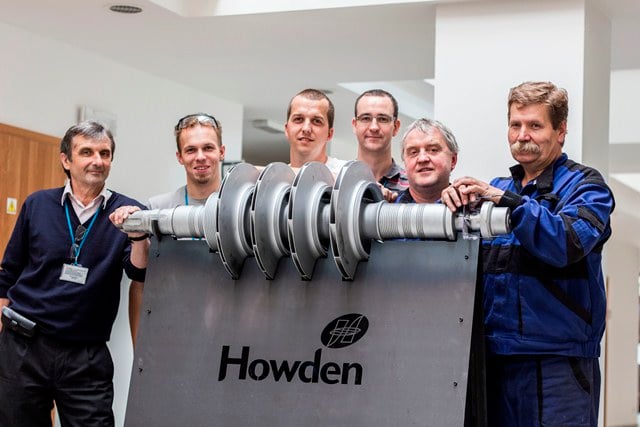The Czech Republic recently thwarted an attempt by Iran to buy US-made compressors that could be used for nuclear enrichment.
An Iranian purchase of a large shipment of technology that could be used for nuclear enrichment has been thwarted by the Czech Republic due to suspicion that arose from false documentation, according to Western sources and United Nations experts.
The incident comes about six weeks before the P5+1 powers and Iran have a deadline to agree on a final nuclear deal, raising doubts about the Islamic Republic’s reliability on the nuclear issue.
Details of the attempted purchase, which were obtained by Reuters, appeared in the most recent annual report by an expert panel for the U.N. Security Council’s Iran sanctions committee. According to the report, Iran tried to buy compressors made by the U.S.-owned company Howden CKD Compressors in the Czech Republic. These compressors could be used for both nuclear and non-nuclear applications.
“Such compressors can be used to extract enriched uranium directly from the cascades,” Olli Heinonen, former deputy director-general of the International Atomic Energy Agency and a nuclear expert currently working at Harvard University, told Reuters.
“In particular, they are useful when working with higher enrichment such as 20 percent-enriched uranium,” he said.
A Western diplomat and a Czech state official confirmed that Czech authorities stopped the purchase. Had the deal gone through, Howden CKD would have earned about 1.5 billion Czech koruna ($61 million). But none of the sources quoted by Reuters suggested that Howden CKD itself was involved in any illegal activities. The deal was noticed and stopped because “the procurer and transport company involved in the deal had provided false documentation in order to hide the origins, movement and destination of the consignment with the intention of bypassing export controls and sanctions,” said the U.N. panel.
By: JNS.org
